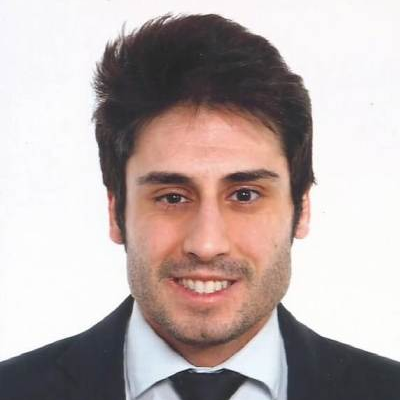High-Temperature Heat Pumps (HTHP) and Organic Rankine Cycle (ORC) for Waste Heat Revalorization in the Industrial Sector
A special issue of Energies (ISSN 1996-1073). This special issue belongs to the section "J: Thermal Management".
Deadline for manuscript submissions: closed (30 September 2020) | Viewed by 3432
Special Issue Editors
Interests: refrigeration; heat pumps; low global warming potential refrigerants; organic Rankine cycle; energy conversion; phase change materials; energy efficiency
Special Issues, Collections and Topics in MDPI journals
Interests: high-temperature heat pumps (HTHP); organic rankine cycle (ORC); waste heat recovery; low GWP refrigerants
Interests: energy engineering; applied thermodynamics, HVAC; energy performance of buildings; thermal management of vehicles; combined heat and power (CHP); heat recovery; heat pumps; Organic Rankine Cycle (ORC); energy systems modelling
Special Issue Information
Dear Colleagues,
The industrial sector is a top contributor to climate change because of its high share of electricity and fossil fuel consumption in comparison with other applications. Of the other energy-efficiency methods, waste heat recovery and revalorization are important measures that can decrement the industrial impact on the environment. In recent years, a reduced number of technologies have been proposed for waste heat revalorization, and significant research is being performed in order to discover more reliable and economic systems to be extended to many different solutions. Among them, Organic Rankine Cycles (ORC) is being one of the most popular solutions for clean electricity generation using low grade heat; high-temperature heat pumps (HTHPs) have also been proposed to increment the temperature level of a flow in order to be reutilized in a process, hence substituting fossil fuel burners. Both technologies, despite being exciting today, still present a broad field for exploration in terms of working fluids (low global warming potential fluids), more efficient expanders/compressors, greater economic feasibility, more compact heat exchangers, advanced configurations, or the combination of them in connected or reversible cycles. Different optimum solutions in order to maximize the electricity generated or the heating upgrade can be reached, depending on the specific industrial application and the operating conditions. This Special Issue is intended to gather and present the most recent developments in HTHPs and ORCs applied to waste heat revalorization for the cleaner industry of the future.
Dr. Adrián Mota Babiloni
Prof. Joaquín Navarro-Esbrí
Prof. Vincent Lemort
Guest Editors
Manuscript Submission Information
Manuscripts should be submitted online at www.mdpi.com by registering and logging in to this website. Once you are registered, click here to go to the submission form. Manuscripts can be submitted until the deadline. All submissions that pass pre-check are peer-reviewed. Accepted papers will be published continuously in the journal (as soon as accepted) and will be listed together on the special issue website. Research articles, review articles as well as short communications are invited. For planned papers, a title and short abstract (about 100 words) can be sent to the Editorial Office for announcement on this website.
Submitted manuscripts should not have been published previously, nor be under consideration for publication elsewhere (except conference proceedings papers). All manuscripts are thoroughly refereed through a single-blind peer-review process. A guide for authors and other relevant information for submission of manuscripts is available on the Instructions for Authors page. Energies is an international peer-reviewed open access semimonthly journal published by MDPI.
Please visit the Instructions for Authors page before submitting a manuscript. The Article Processing Charge (APC) for publication in this open access journal is 2600 CHF (Swiss Francs). Submitted papers should be well formatted and use good English. Authors may use MDPI's English editing service prior to publication or during author revisions.
Keywords
- High-Temperature Heat Pumps (HTHP)
- Organic Rankine cycle (ORC)
- Global Warming Potential, Industrial Processes
- Heat Recovery, Energy Efficiency
- Climate Change
- Low-Temperature Waste Heat
- Reversible Cycle







